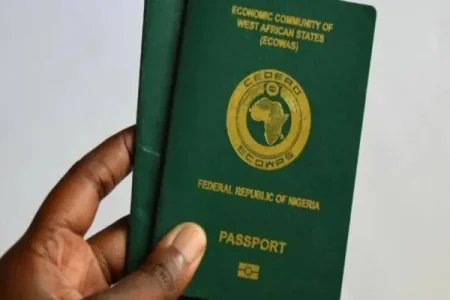
Ethiopia, Turkey, and the UAE revoked visa-on-arrival and e-visa privileges for Nigerian travelers, impacting international mobility. Expert insights and traveler reactions highlight the implications for diplomatic relations and travel logistics.
Ethiopia, Turkey, and the United Arab Emirates (UAE) have recently enacted stringent changes to visa policies affecting Nigerian passport holders, drastically altering previous conveniences like visa-on-arrival, e-visa options, and straightforward passport issuances.
Previously, Nigerian travelers benefited from streamlined processes such as Turkey's e-visa system, which facilitated easy access for tourism and business purposes. However, as of recent updates, this option has been discontinued, marking a significant departure from past practices.
Similarly, the UAE's ban on Nigerian nationals entering Dubai has persisted despite diplomatic efforts to lift it, highlighting ongoing diplomatic challenges. This restriction, initially imposed alongside several other African countries, has continued unabated, casting uncertainty on prospects for Nigerian travelers.
Ethiopia, for its part, ceased offering visa-on-arrival services to Nigerians two years ago, a decision that remains unchanged and has necessitated travelers to secure visas from the Ethiopian embassy in Abuja before departure.
The impact of these policy shifts is far-reaching, affecting not only individual travelers but also Nigerian businesses and diplomatic relations. Concerns have been raised over increased bureaucratic hurdles, longer processing times, and potential disruptions to tourism and trade activities between Nigeria and these nations.
Experts in the travel industry and international relations underscore the broader implications of these changes, suggesting a reevaluation of Nigeria's diplomatic strategies and efforts to enhance passport power and global mobility.
As the situation unfolds, stakeholders are monitoring developments closely, with a keen eye on diplomatic engagements and potential adjustments to mitigate the effects on Nigerian travelers and businesses operating in affected regions.




